A Home

Examples of rights-based action

Why are we stuck in hospital? – Changing Our Lives and University of Birmingham
This guide was created to help overcome the barriers to people with learning disabilities and/or autistic people leaving long-stay hospital. It gives ten top tips for helping people leave hospital.
It was made by speaking to people with learning disabilities and/or autistic people living in long-stay hospitals as well as on the experiences of families, hospital staff, commissioners, social workers, advocates and social care providers who support people coming out of hospital.

Housing and Care: Good Practice Guide – ADASS and Housing LIN
This guide was developed to support councils to plan for and deliver the range of housing and care options needed by older people and working age adults with care or support needs.
The nine actions set were drawn from conversations with councils in the south-west of England. It also lays out ‘what ‘good’ looks like’ for a council that has an effective approach to housing and care.
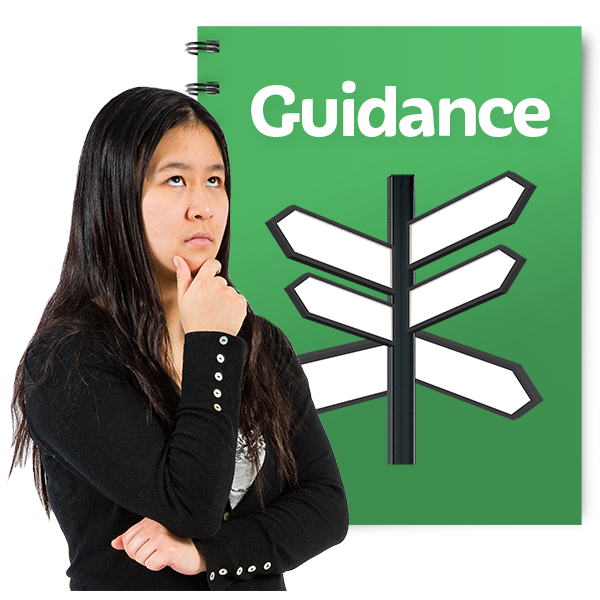
Easy read Housing Toolkit – The Involvement Matters Team
They have developed a range of easy read guides providing information on Housing Options, tenancy agreements and supporting the transition to a new home.
These guides can be used to support adults with a learning disability to consider their housing options, a move to supported accommodation, understanding of tenancy requirements and with the practical aspects of the transition to a new home.
Research and evidence in this area

‘Supporting people with learning disabilities at the edges of social care in social housing and the private rented sector’
This project is a partnership between researchers at the University of York, University of Bristol, Housing LIN, Riverside, Stephen Lee Hodgkins and Learning Disability England.
The aim of the study is to understand the ways that people with learning disabilities who are on the edges of social care can be better supported to access and enjoy living in their own tenancies in the community.
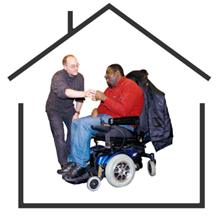
200 Lives Project
This research was done by Manchester Metropolitan University in partnership with NDTi, London School of Economics and Changing Our Lives and was funded by the NIHR.
They had conversations with people to evaluate the quality and cost of supported living and residential care for adults with learning disabilities.
Accessible information about the project (including a video, easy read report and key messages document)
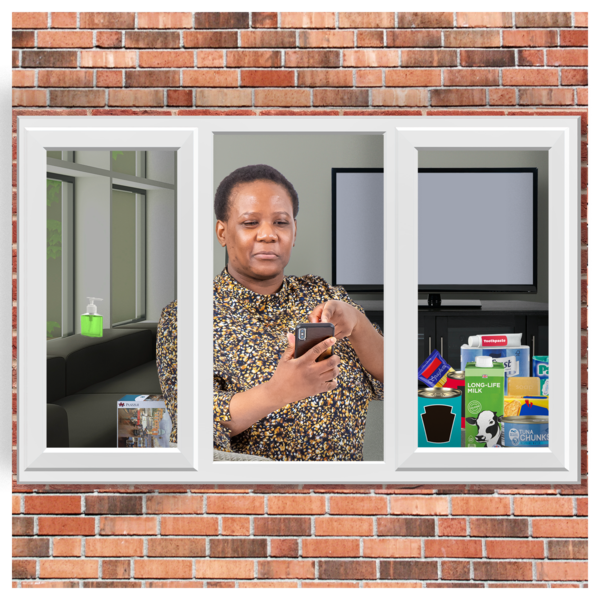
Small Margins Report – Changing Our Lives
Changing Our Lives partnered with Manchester Metropolitan University on this project working with people with a learning disability, autistic people and their families from minority ethnic communities who either lived in supported living, residential care or were moving out of inpatient hospital settings.
It sought to find issues relating to ethnicity that affect people’s day to day lives in relation to the support they receive, gaps in support and knowledge and the impact individuals and their families see this has on their lives.
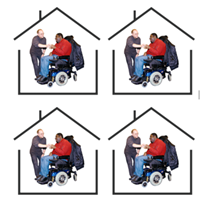
Supported housing for people with learning disabilities and autistic people
This research was led by the Learning Disability and Autism Housing Network and Housing LIN.
The research looked at the scale, size, scope, and cost of supported housing for people with learning disabilities and autistic people.
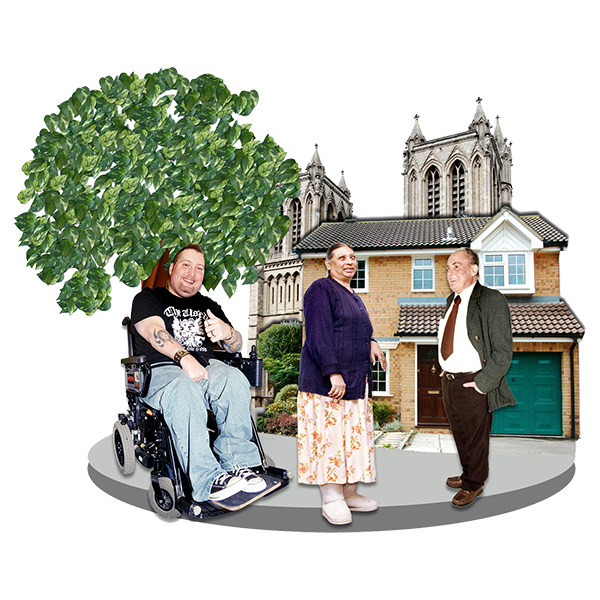
Making Postive Moves
This research is being led by a small team of researchers and psychologists from the University of Hertforshire.
You can read a recent project update here
The aims for the research are to find out:
• What is it like to live in the community after moving under Transforming Care
• What helps people to stay in the community long term
• What makes it harder to stay living in the community long term
They have made a website for people with learning disabilities who are moving home where you can find lots of information and ideas to help you.